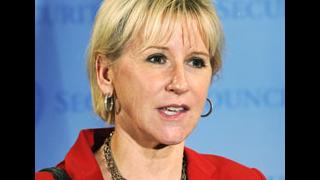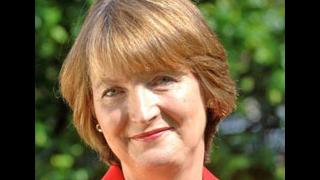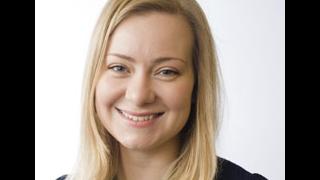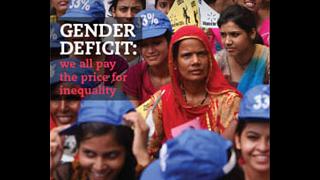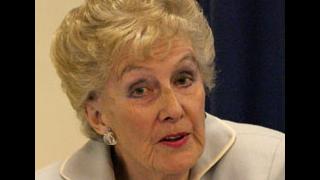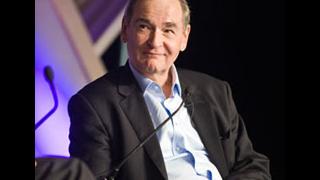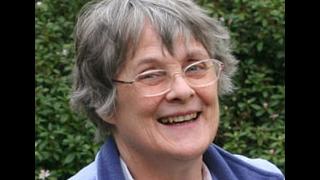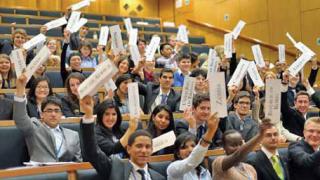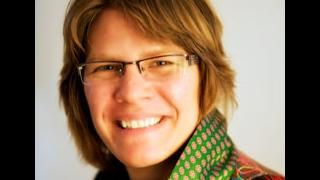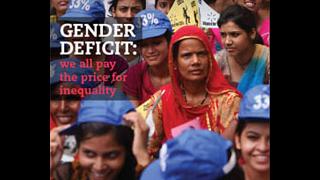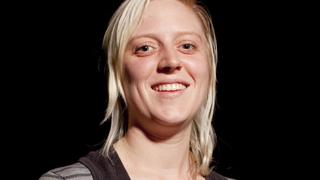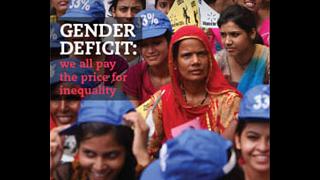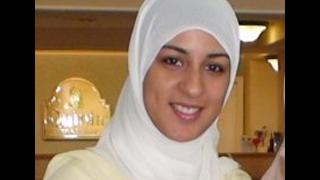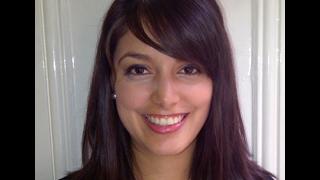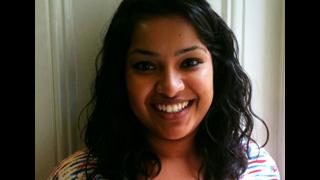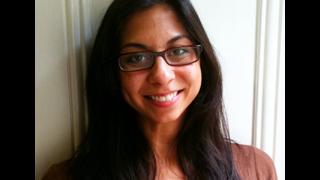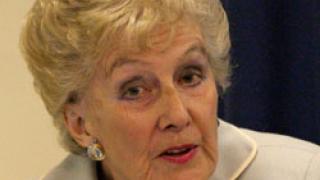
I am perhaps better placed than most to trace the course of women's position in the United Nations, having served the organisation from 1952 to 1993. Starting, through happenstance, as a local staff member in the Philippines I became, successively, the first female resident representative, assistant- Secretary-General, under-Secretary-General and, finally, special representative of the secretary-general heading a military peacekeeping operation.
In those early days, it was a lonely, pioneering furrow to plough. Nowadays, the situation of women, while still not what it should be, is a million miles from where we started. A few prominent women had an important hand in the early evolution of the organisation, such as Eleanor Roosevelt and Mrs Pandit Nehru, but they were well-connected political figures. A very different situation prevailed in the Secretariat and the field development programmes.
The built-in prejudices and barriers to women were enormous. In 1956, the resident representative in Mexico rejected me as his deputy. Instead, I was sent temporarily to Colombia and taken to a regional conference in an unsuccessful attempt to 'sell' me to another resident representative, but none wanted me when they discovered I could not take shorthand or type. Women were supposed to be only secretaries!
So I stayed in Colombia, which proved a godsend because I was left in charge for nearly a year. Thus, when the Commission on the Status of Women demanded to know why there were no women resident representatives, I was the only international field officer available and was sent to Uruguay as the first woman head of mission. I was told I was 'a pilot project'. Still the only woman in such a role seven years later, I enquired whether I was 'the light that failed'. For many years, there were only two of us and, even today, there are only 45 women resident representatives out of a total of 138.
It was impossible for a woman in that position to have a normal family or private life and she was very vulnerable. My budding career was nearly sabotaged by sexual harassment but there was no redress for such incidents: one had to fend for oneself. Moreover, women had to outperform men in order to succeed and be ready to accept difficult and dangerous posts to demonstrate that their gender was not a drawback.
Risk-taking - and by that I mean not only physical perils but, even more importantly, the willingness to accept professional challenges that might end in failure - had, and has, to be an integral part of a woman's career strategy if she is to reach the top. Later, when I was managing large departments in headquarters, I found that risk aversion was the main obstacle constraining able women I wished to promote, rooted in an unwarranted lack of confidence in their own abilities, a handicap signally absent in less-competent male colleagues.
 Sexual discrimination is much harder to eliminate than racial discrimination. Women have no sovereign national constituency that can exercise a vote at the UN. Women's voices have had some effect through such channels as the UN Commission on the Status of Women, the four UN World Conferences on Women, beginning in Mexico in 1975, and effective monitoring of the UN Convention on the Elimination of All Forms of Discrimination against Women. Even so, the initial tendency was simply to give high-ranking positions to women to deal with 'women's issues'. That was not my case, but I was prevented from becoming High Commissioner for Refugees, and later Under-Secretary- General for Peacekeeping, on spurious gender grounds. Fortunately, that has now changed and a number of women head bodies in what were once exclusively male domains. It is to be hoped that the UN Women agency will open a new era of even more effective and united action.
Sexual discrimination is much harder to eliminate than racial discrimination. Women have no sovereign national constituency that can exercise a vote at the UN. Women's voices have had some effect through such channels as the UN Commission on the Status of Women, the four UN World Conferences on Women, beginning in Mexico in 1975, and effective monitoring of the UN Convention on the Elimination of All Forms of Discrimination against Women. Even so, the initial tendency was simply to give high-ranking positions to women to deal with 'women's issues'. That was not my case, but I was prevented from becoming High Commissioner for Refugees, and later Under-Secretary- General for Peacekeeping, on spurious gender grounds. Fortunately, that has now changed and a number of women head bodies in what were once exclusively male domains. It is to be hoped that the UN Women agency will open a new era of even more effective and united action.
The unlikely genesis of the groundbreaking Security Council Resolution 1325 during a routine meeting that I was chairing on gender and peacekeeping, in Windhoek, Namibia, in May 2000, is a telling demonstration of the far-reaching impact that women can have if they act in unison. During a cocktail party given by the Namibian minister for women's affairs, it occurred to me that our message on women, peace and security would have more impact enshrined in a Declaration of Windhoek and a Namibia Plan of Action.
In discussing this with our hostess, who had been a junior minister in her country's foreign ministry, I suddenly remembered that Namibia was a member of the Security Council. I reminded her that, when Namibia's turn came to preside over the Council, it could have a meeting on a subject of its choosing. I suggested it would be a great coup for Namibia if she could persuade her foreign minister to use this opportunity to spearhead a high-level debate about the issues we had been discussing.
She agreed and, by working through the next 24 hours, our little group of women prepared both the Declaration and the Plan of Action, something that, in the UN, normally takes several months. The minister was as good as her word and Resolution 1325 was passed on 31 October 2000 with our two documents annexed. Had it not been for that serendipitous cocktail party, and the coming together of a group of like-minded and determined women, that resolution would never have seen the light of day.
Sadly, a decade later, its implementation has proved deeply disappointing. Women are still largely excluded from peace negotiations, while progress on the key recommendation that the Secretary- General should appoint more women special representatives (SRSGs) to head peacekeeping operations remains woefully inadequate. Since my appointment in 1992 the total number of SRSGs has reached only eight, of which three are heading current peacekeeping missions out of a total of 14.
My message to the new generation of women is: never forget that you are still pioneers! Keep up the good work and, above all, work together to strengthen the role of future women. This troubled world, and the UN, need now, more than ever, to capture the energy, ideas and insights of our half of humanity, too long ignored.
Dame Margaret Anstee DCMG was the first female UN Under-Secretary- General, and the first woman to head a UN peacekeeping mission (UNAVEM II in Angola).

